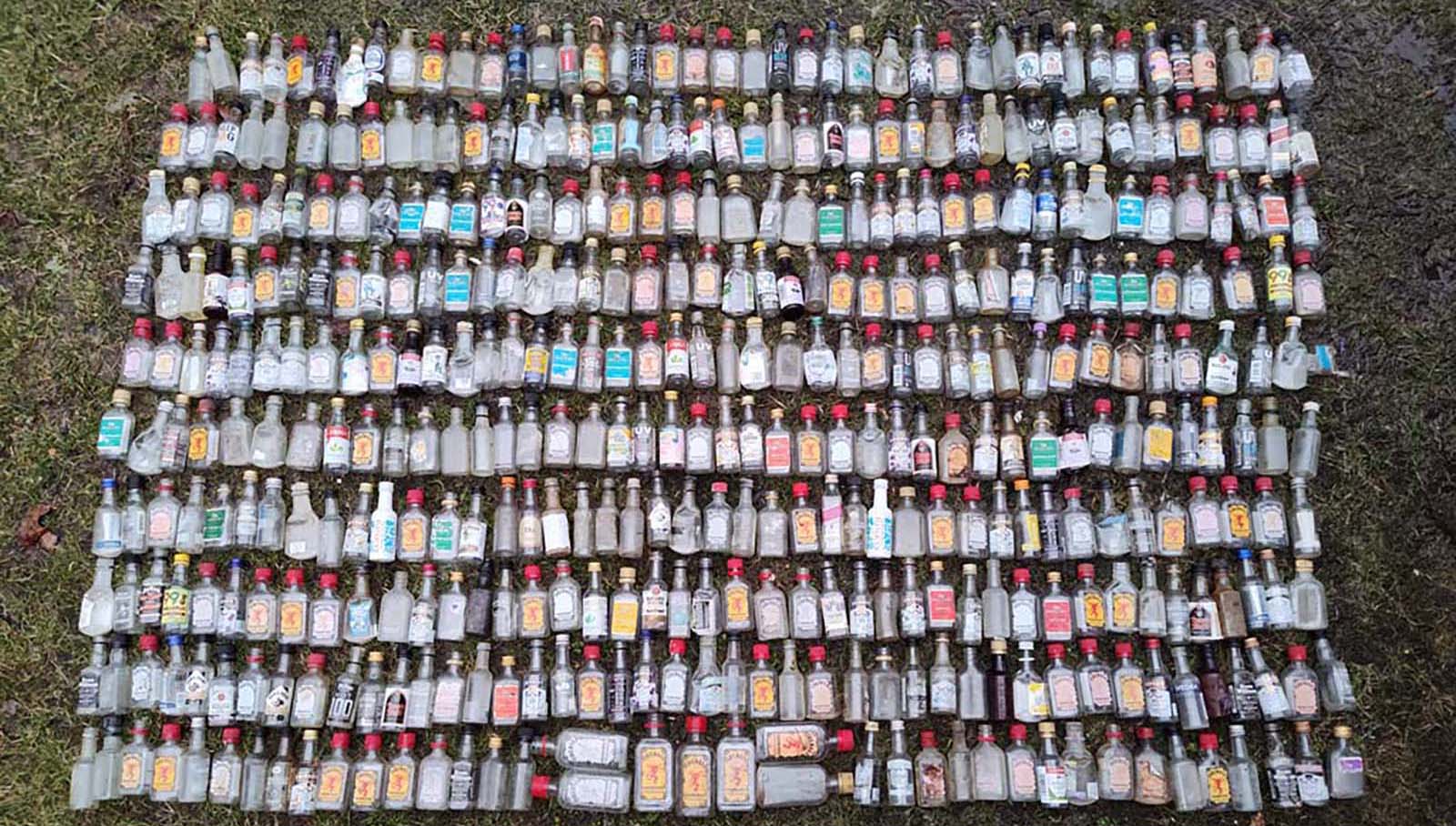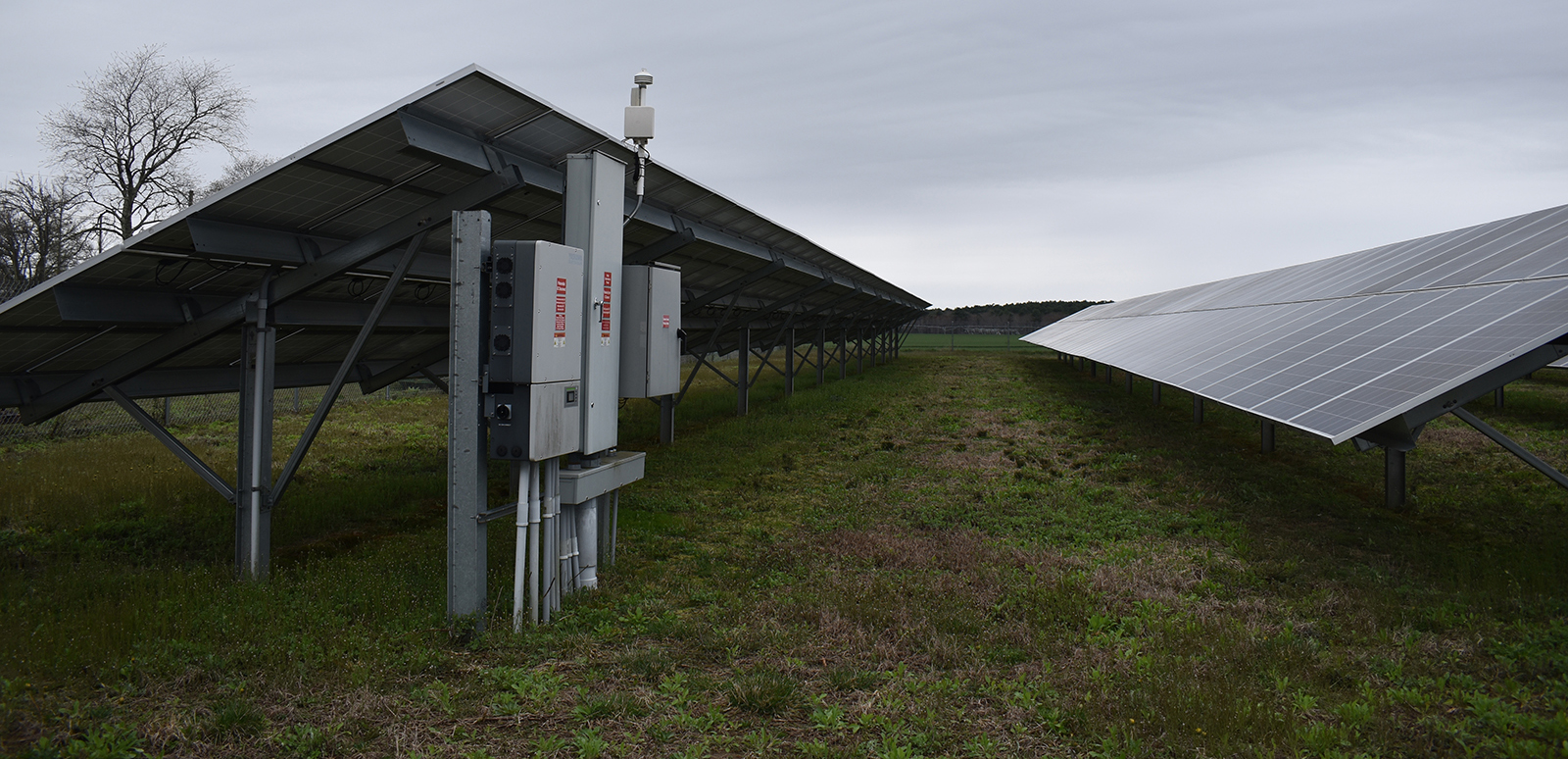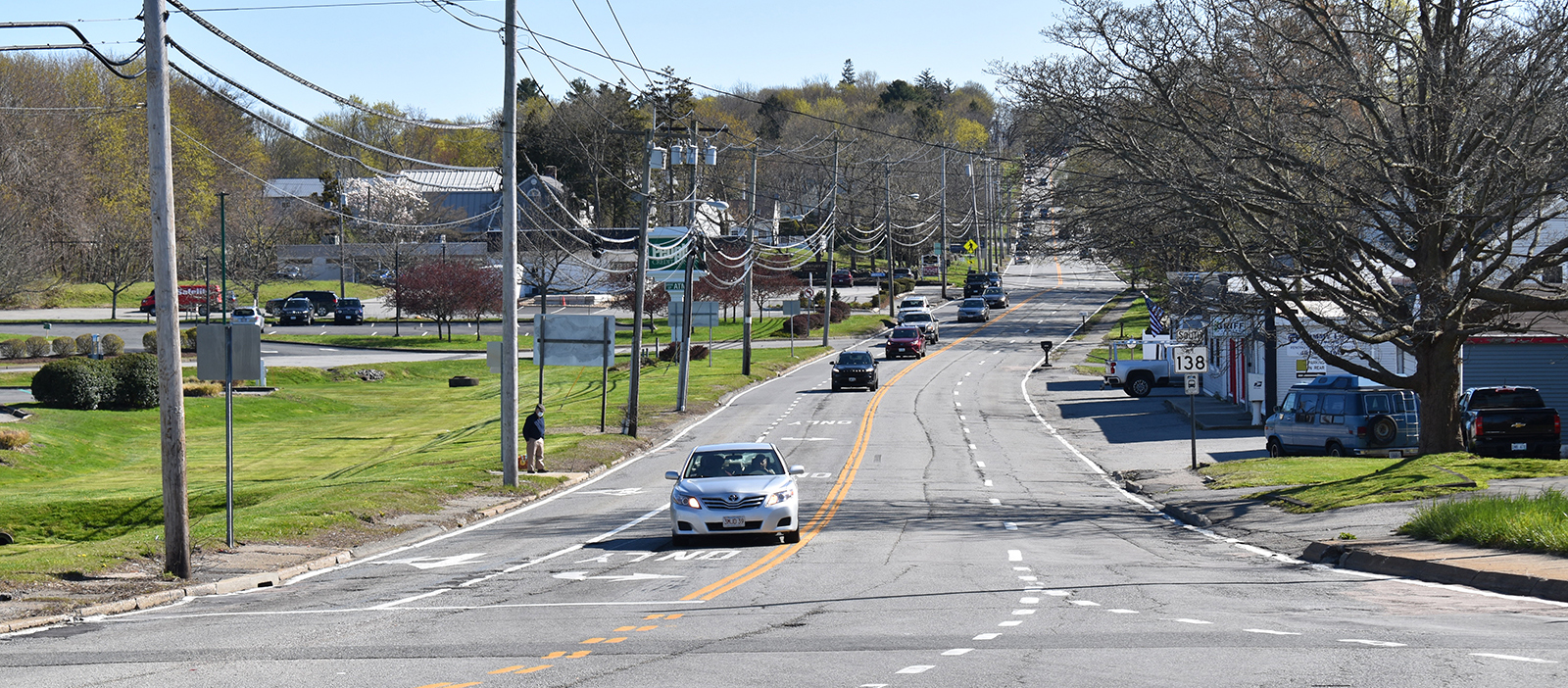Rhode Island Environmental Laws Find Themselves in Land of the Lost
February 22, 2024
Rhode Island has a peculiar way of protecting public and environmental health. On paper, it’s awesome. In reality, it sucks.
In the early 2000s, for example, the General Assembly passed legislation designed to control the use of pesticides on school grounds. But in typical Rhode Island fashion, the law has never really been enforced.
Rep. Lauren Carson, D-Newport, expressed her frustration with this all-too-common state practice during a Feb. 6 House Committee on Environment and Natural Resources hearing.
“Many parts of the bill have never happened,” she said. “I’m disappointed this bill was not property implemented.”
Carson noted the legislation mandated that after July 1, 2001, no person other than a licensed or certified commercial applicator was allowed to apply pesticide in any school building or on the grounds of any school.
“We don’t have any idea if that is happening,” she said. “Could be maintenance people are using chemicals.”
The law’s other six mandates — e.g., the creation of a task force and providing, each new school year, parents and guardians with a written statement regarding pesticide application policy on school property and a description of any pesticide use at the school the previous year — were also forgotten.
Carson has co-sponsored a bill (H7359), with same name as its ignored predecessor, “Pesticide Control,” that she and other lawmakers hope will remedy the past 23 years of neglect.
Honestly though, what is the point of crafting, holding hearings, voting, and sometimes passing legislation that is designed to protect Rhode Island public and environmental health?
As soon as the governor’s signature dries and the bill-signing show packed up, the legislation is forgotten. No follow-up. No support. No funding. No enforcement. Pure theater.
It’s an infuriating way to govern, if you want to call it that.
For instance, in 2008 the General Assembly passed and the governor signed a law mandating the state develop a plan for reducing vehicle miles traveled (VMT) by its employees. It was to include a public transit pass program for state workers.
The law set the goal of reducing VMT by 35% in eight years. A committee was to be formed to implement the plan and the director of the Department of Administration (DOA) would report annually to that committee and the governor.
None of that happened.
The DOA did draft a plan, but it has never been finalized or brought to the General Assembly for approval. The “State Employee Transportation Guide Plan,” dated 2010, offers recommendations on how to get state employees walking, bicycling, taking public transit, and carpooling to work.
A DOA official bragged to ecoRI News reporter Colleen Cronin last month that some of the measures that were suggested in the 14-year-old draft plan have been accomplished, such as creating a Transit Master Plan and a Bicycle Mobility Plan.
Big deal. That’s like asking your kids for a Christmas wish list and then never going shopping.
The taxpayer-funded Transit Master and the Bicycle Mobility plans are currently experiencing the same fate as the State Employee Transportation Guide Plan: lost in the Statehouse abyss of inaction. It’s a shameful way to run a state, but that’s what happens when you don’t properly fund and staff agencies, waste taxpayer money on such things as video games, incompetent bridge inspections, and a soccer stadium, and continue to pay for more environmental/climate studies when you already know what needs to be done and how.
The DOA official explained to my colleague that because the law was passed so long ago and under a different administration, “I don’t have any information about the decision-making at that time.”
I do. Here’s a link to the 2008 law and a link to the 25-page DOA draft plan. There also must be a hard copy of the plan lying around 1 Capitol Hill.
“We are committed to moving the needle for state government and are continuing to review opportunities to develop additional actionable strategies on an ongoing basis,” the official wrote in an email.
I don’t even know what that means, but I do know there’s an excellent chance that if any “additional actionable strategies” are implemented they would soon be forgotten.
I also know the state wasted 16 years that could have been used to reduce transportation sector emissions and perhaps improve Rhode Island public transit.
Three years after the legislation became law, public transit rider and advocate John Flaherty, currently Grow Smart Rhode Island’s deputy director, advocated for a 2011 resolution urging DOA to follow through with the 2008 law.
Silence.
The 2021 Act on Climate law mandates that “state agencies shall … develop programs to encourage state employees to reduce their vehicle miles and use sustainable transportation alternatives, including public transit systems.”
Rinse. Repeat. Ridiculous.
Speaking of foolishness, the reason given last year for the state still not abiding by a 2000 amendment to general law is pure Rhode Island gold.
A Division of Motor Vehicles spokesperson told me in April, via email, that a flooded building was the reason for the delay.
“DMV Safety and Emissions Facility suffered catastrophic flooding in September 2022 that delayed development of the Heavy Duty Inspection and Maintenance Program,” the spokesperson wrote. “DMV and DEM staff continue to meet and work on finalizing regulations for the program. While we are working diligently on those regulations we cannot yet offer a timeframe for their implementation. In the meantime, the DMV is working on a long-term solution for replacing its flood-damaged inspection facility in Providence.”
In the meantime, the transportation sector accounts for much of the greenhouse gases spewed in Rhode Island, at nearly 40% of the total.
The aforementioned amendment to state law acknowledged that heavy-duty diesel vehicles contribute significantly to air pollution and diminish “the quality of life and health of our citizens.” The amendment also noted the “Citizens of Rhode Island frequently raise concerns about emissions from heavy-duty diesel engines” and “Technology exists to determine the level of exhaust emissions from heavy-duty vehicles.”
The 24-year-old amended law directed the Division of Motor Vehicles and the Department of Environmental Management to launch a heavy-duty inspection and maintenance program, like the one we have for cars and light trucks, by 2003.
No such program exists, even though the state admitted Rhode Islanders wanted it, would have benefited from it, and the technology existed to make it happen.
In 2021, a DEM official told ecoRI News, “I’m not exactly sure why, what’s taken so long.”
The Smith Hill answer seems pretty straightforward. “Vescere bracis meis,” or, as Bart Simpson would say, “Eat my shorts.”

Environmental laws are celebrated in the Statehouse, at least initially, but many, such as a 1989 law that likely made the sale of nips illegal, soon find themselves in the land of the lost.
The General Assembly passed the Beverage Container Recyclability law 35 years ago. It mandated, among other things, that retailers can only sell beverages in containers that “have attained a 50% recycling rate by 1992.”
That recycling rate likely was never reached for any plastic beverage container — although I’m pretty confident the state never bothered to check — and now it’s inconceivable for nips.
Plastic bottles that are less than 2 inches tall and 2 inches in diameter, which include most nips, are too small for the Central Landfill’s single-stream recycling sorting equipment to process, according to the Rhode Island Resource Recovery Corporation.
In the meantime, lawmakers keep debating and holding for further study bills that would prohibit the sale of nips. For example, a 2022 bill would have banned the sale of any sealable bottle, can, jar, or carton that held less than 3.4 ounces of alcohol. A nip is 1.7 ounces.
The state logo should be a hamster on a wheel.
Three-plus decades ago Rhode Islands lawmakers passed the Natural Areas Protection Act of 1993. The legislation was supposed to provide, among other things, the “highest level of protection to the state’s most environmentally sensitive natural areas.”
It was designed to elevate “the health and welfare of the people of Rhode Island by promoting the preservation of areas of unique natural interest for scientific, educational, recreational, cultural, and scenic purposes.” It was going to “allow significant public and privately owned lands of critical environmental concern to be designated as natural area preserves.”
Not one natural area preserve has been created in 31 years. Early last year ecoRI News was told that, “No one currently at DEM recalls the genesis of this Act.”
Rhode Island is often touted as an environment-friendly oasis by outside publications and entities, both local and out of state, that like to make lists. Those pronouncements and rankings are typically created by simply looking at the long list of environmental laws the state has on the books. It is impressive, but looks are deceiving.
Many (most?) of these laws aren’t supported, funded, enforced, or even remembered.
To quote a famous military intelligence officer: “I know nothing. I see nothing. I hear nothing.”
Welcome to the Ocean State.
Frank Carini can be reached at [email protected]. His opinions don’t reflect those of ecoRI News.




Not too long ago I picked up 157 “nips” from a one-mile long stretch of Main Road in Tiverton. That was from only one side of the road. Aside from the obvious litter implications I have to ask where did they come from. The obvious conclusion is that they came from vehicles traveling along the roadway. So, add the far more critical concern of drinking while driving. And this holds true alongside the majority of roads in Tiverton. If the state legislature has little concern for the littering issue, they should at least be very concerned about the public safety issue. The solution to both issues is easy if they will have the guts to ignore the liquor store lobby and ban nips.
Tell it like it is Frank. Unfortunately the US is run by 2 parties. The Democratic party where good ideas go to die and the Republican party where only ideas that kill people, the planet, and democracy are allowed to move forward
As a newer resident of Rhode Island (just over 4 years) and a 66 year old retired state employee ( Massachusetts DEP) that has lived in MA, CT, RI, and ME, I must say that this story doesn’t surprise me. It seems to me that when compared to its neighboring state governments, RI government is a bit “rinky-dink” or second rate. One would hope that this is result of low budgets and inadequate staffing and not the ineptitude of management but I imagine it may be a bit of both. The idea of a part-time legislature and the absence of an inspector general kind of feeds right into this . Certainly if an agency is understaffed, said agency will have a hard time promulgating and/or implementing new regulations and we all know that “enforcement” of laws is at times inadequate and has all but disappeared after COVID. Great job Frank.
In a way it might be a good thing some of these are not enforced as unintended consequences with these laws and others are rife. We have an open container law in cars that seems redundant to other drinking and driving laws, but incentivizes throwing alcohol containers out the window. Reducing state employee driving miles would reduce applicant interest in state jobs, when the state already struggles to hire due to low wages (https://pbn.com/r-i-help-wanted-there-are-1700-unfilled-state-jobs-but-has-anyone-noticed/). The basis for many state policies is pretty thin from a due diligence perspective because we don’t have the resources to investigate them appropriately, and it’s that much worse at the town level.
“It’s an infuriating way to govern”. So true Frank. Thanks for providing these relevant examples. I learn a lot from your writing. Your passion to help RI be the best it can be is palpable and very much appreciated.
What I observe from the lack of implementation and enforcement of the acts/laws is the never-ending destruction on our environment across RI. Land developers, property owners, tree companies, landscapers, and homeowners do what they want to the environment to serve their own needs. Some do it unknowingly, but most do it because they get away with it. There are no penalties for bad behavior. If there are penalties, they are not enforced as you mentioned. All this snowballs into the continuous degradation of our environment, the natural world and the quality of life for the vast majority of RI citizens.
What’s the answer to all this? Changing the state constitution, having a citizen’s referendum could be options, but what’s the chance of getting these passed. We should try just the same.
I think citizens groups are necessary to affect change and get bad actors to change their ways. Staffing up State agencies and increasing accountability seem like areas in need.
This was full of eye openers – well researched as always by Frank. Based on the title of Frank’s opinion piece, one is tempted to imagine a kick in the pants, but George Voutes suggests in his comment some solutions including action by citizen groups. Imagine swelling the numbers of Climate Action Rhode Island, Citizens Climate Lobby of RI and other citizen groups, coordinating them through the Environment Council of RI, and presenting our bodies on the steps of the capitol and flooding the rooms where bills are heard in committee. Other ideas out there?